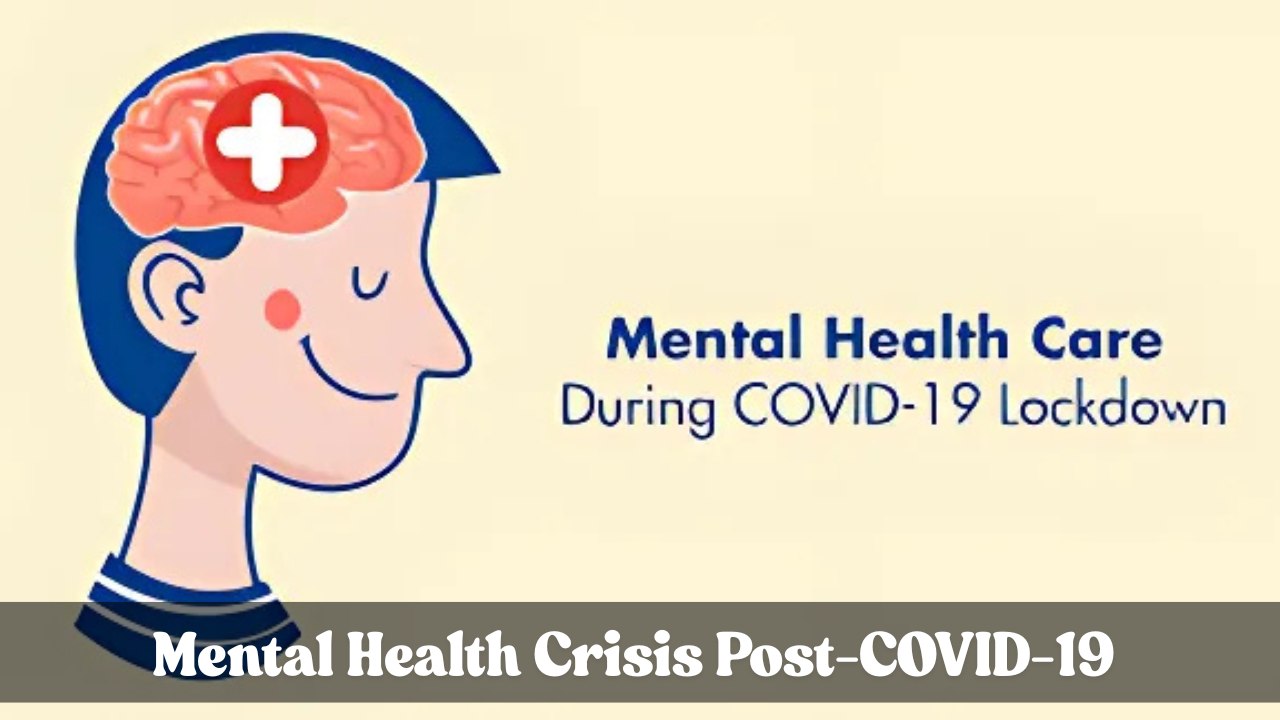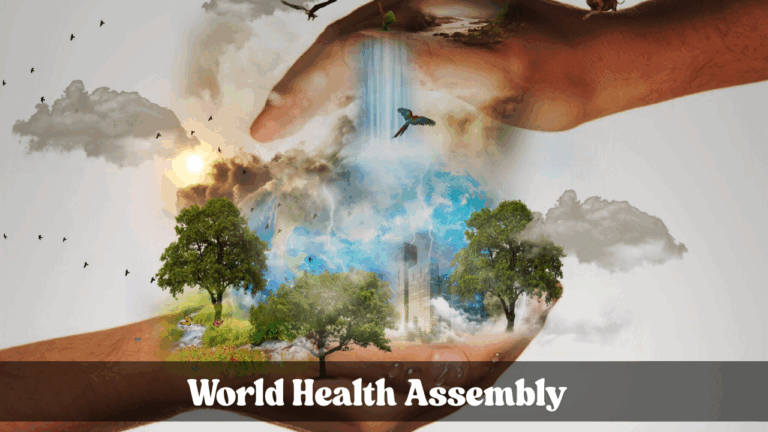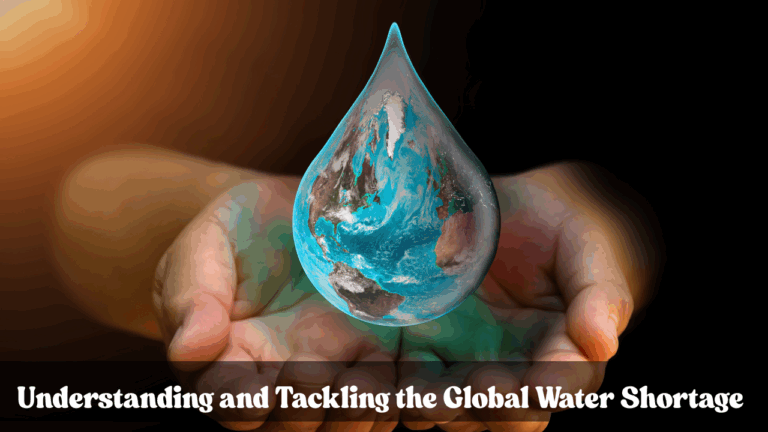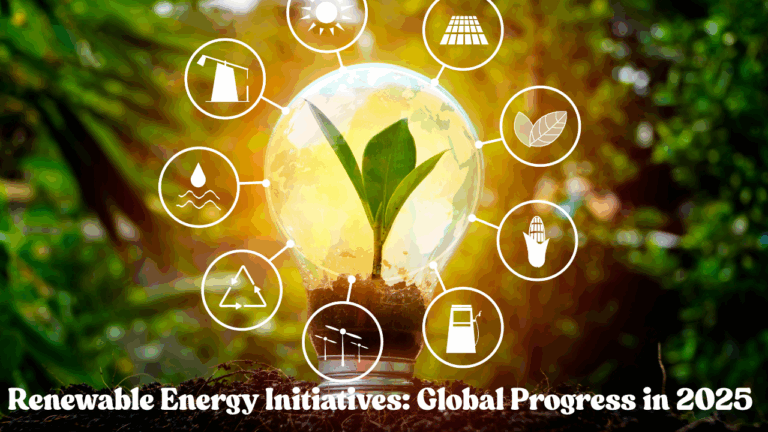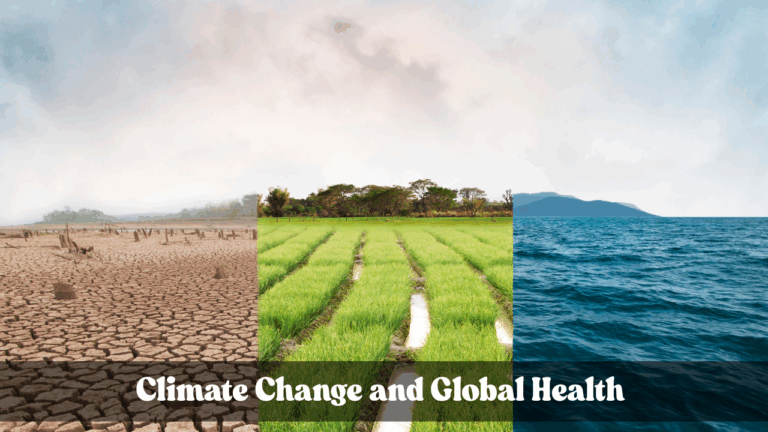Mental Health Crisis Post-COVID-19: A Global Concern
The COVID-19 pandemic has affected millions of people worldwide, not only through physical illness but also by creating a serious mental health challenge. As the world continues to recover, it is important to understand how the pandemic has impacted mental well-being and what steps are being taken globally and in India to address this growing crisis.
In this article, we will explore the mental health challenges that emerged during and after the COVID-19 pandemic, focusing on why this is a global concern and what it means for people in India. For regular updates on health and world news, visit First Post.
How Did COVID-19 Affect Mental Health?
The COVID-19 pandemic brought drastic changes to daily life. Lockdowns and social distancing meant that people were isolated from friends, family, and communities. Many lost their jobs or faced financial difficulties. Fear of catching the virus and the loss of loved ones created additional stress and anxiety.
According to the World Health Organization, there was a 25% increase in anxiety and depression worldwide during the first year of the pandemic. People experienced a range of mental health issues such as loneliness, stress, fear, and uncertainty. These feelings were often overwhelming, especially for those already dealing with mental health concerns.
In India, the situation was similar. Research shows that nearly 30% of the population experienced mental health challenges during the pandemic, a number higher than the global average. Young adults, aged between 18 and 24 years, were among the most affected groups. The disruption to education, social life, and career opportunities has had a lasting impact on their mental well-being.
For the latest insights on health and wellness, First Post offers comprehensive coverage and expert opinions.
Challenges Faced by COVID-19 Survivors
Those who recovered from COVID-19 have also reported lasting mental health issues. Studies suggest that COVID-19 survivors are more likely to suffer from anxiety, depression, and sleep problems compared to those who were never infected. This condition is often called “post-COVID mental health syndrome” or part of “long COVID.”
Symptoms such as difficulty concentrating, mood swings, and persistent fatigue have been reported for months after recovery. Mental health experts emphasize that medical follow-ups should include mental health assessments to provide better care for survivors.
In India, awareness around this issue is growing, and several hospitals and clinics are now including mental health support as part of their post-COVID treatment. For ongoing updates and helpful resources, readers can turn to First Post.
Impact on Youth and Students
The pandemic disrupted education worldwide. Schools and colleges were closed for months, exams were postponed or canceled, and many students switched to online learning. While technology helped to continue education, the lack of in-person interaction took a toll on students’ mental health.
Feelings of loneliness, stress over uncertain futures, and increased screen time contributed to rising levels of anxiety and depression among young people. A United Nations report highlighted that young people are facing a mental health crisis that needs urgent attention.
In India, student counselling services are becoming more common, and educational institutions are making efforts to support mental well-being. However, stigma and lack of awareness about mental health remain challenges that need to be addressed.
For more detailed reports on youth mental health and government initiatives, visit First Post.
Economic Stress and Workplace Mental Health
The economic impact of the pandemic has been severe. Many companies faced financial difficulties, leading to layoffs and salary cuts. The fear of job loss and financial instability has caused increased stress and anxiety among workers.
Even those who retained their jobs have experienced pressure due to changing work environments, remote work challenges, and uncertainty about the future. This has highlighted the need for employers to pay more attention to employees’ mental health.
Several companies in India have started offering mental health support, including counseling and wellness programs. Governments are also encouraging mental health awareness campaigns in workplaces.
Steps Taken by India to Address the Mental Health Crisis
The Indian government has recognized the growing mental health challenges and taken several initiatives to support those in need:
- KIRAN Helpline: Launched by the Ministry of Social Justice and Empowerment, this toll-free helpline offers 24/7 psychological support in multiple languages. It helps people experiencing mental health difficulties, including those affected by COVID-19.
- TeleMANAS: A tele-mental health service launched in Gujarat to provide counselling and guidance to people facing mental health problems. Over 16,000 calls have been received since its inception, indicating the rising demand for such services.
- Jeevani Program in Kerala: This initiative focuses on providing mental health counselling to college students, promoting well-being and emotional support.
Along with these, many non-governmental organisations (NGOs) and community groups are working at the grassroots level to raise awareness and reduce stigma around mental health.
More details about these initiatives and how you can seek help are regularly covered by First Post.
What Can You Do to Support Mental Health?
Mental health is as important as physical health. If you or someone you know is struggling, here are some simple steps that can help:
- Talk openly about your feelings with trusted family or friends.
- Maintain a healthy routine with proper sleep, exercise, and a balanced diet.
- Limit screen time and take breaks from social media.
- Seek professional help if needed. Counselling and therapy can make a big difference.
- Support others and encourage them to take mental health seriously.
Remember, mental health problems are common and treatable. Early help can prevent serious issues.
Conclusion
The mental health crisis following the COVID-19 pandemic is a complex and ongoing challenge worldwide. In India, the situation is serious, but efforts by the government, health professionals, and communities are making a positive impact.
Raising awareness, providing support, and removing stigma around mental health are vital steps for recovery. It is important for everyone to understand mental health better and take care of their emotional well-being.
For continuous updates on mental health, world news, and helpful resources, stay connected with First Post.
Together, we can build a healthier and more supportive society.

